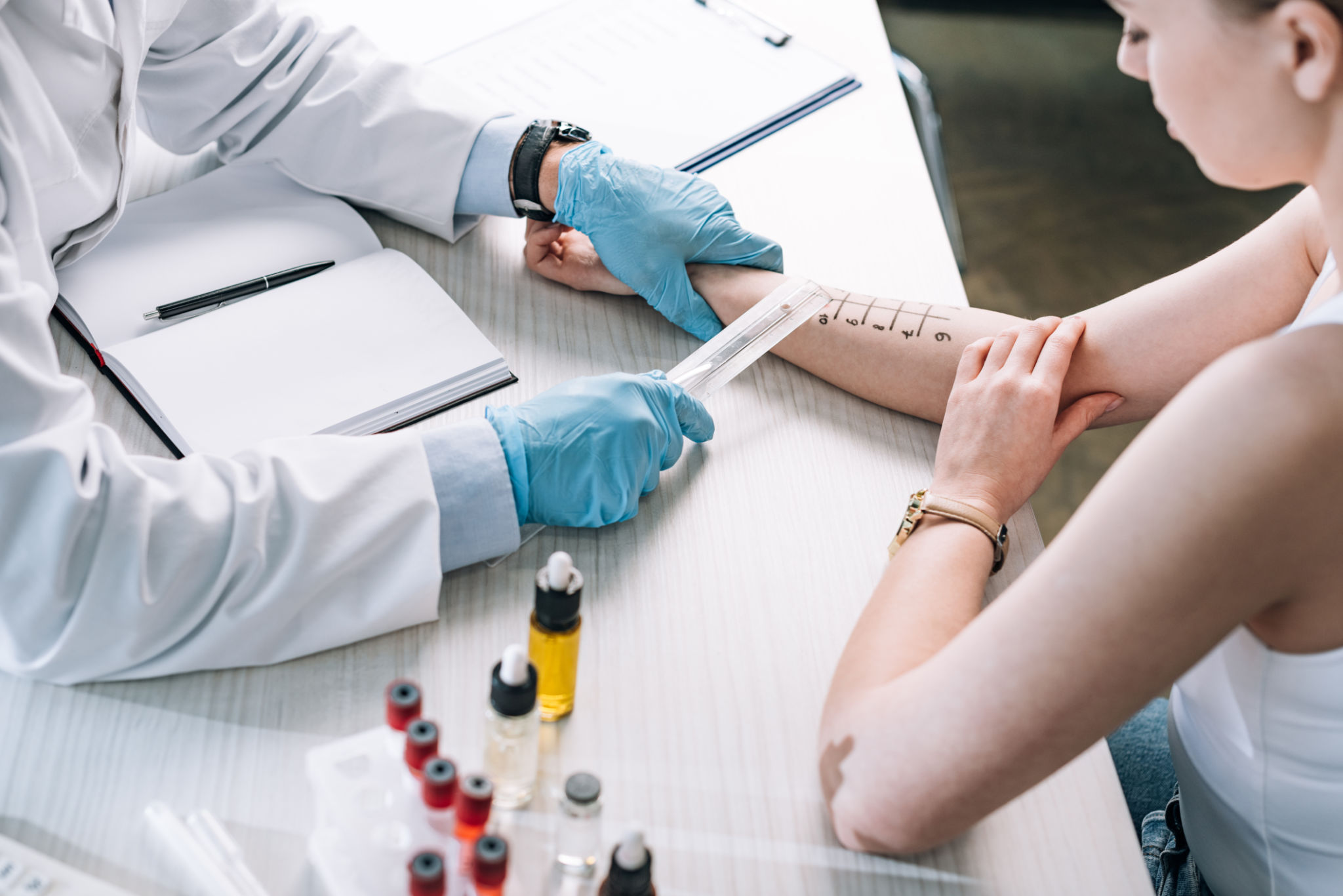Understanding Allergy Testing and Treatment Options in Arlington
Understanding Allergy Testing
Allergies can significantly impact the quality of life, causing symptoms that range from mild discomfort to severe reactions. In Arlington, understanding how to properly test for allergies is essential for effective management and treatment. Allergy testing is the first step in identifying specific allergens that trigger symptoms.
There are various methods for allergy testing, each with its own advantages. The most common types include skin prick tests, blood tests, and patch tests. Skin prick tests involve exposing the skin to small amounts of potential allergens and observing any reactions. Blood tests measure the presence of specific antibodies, while patch tests help identify allergic reactions to substances that come into contact with the skin.

Choosing the Right Allergy Test
Selecting the appropriate allergy test depends on several factors, including the patient's age, symptoms, and overall health condition. Skin prick tests are generally recommended for individuals who experience immediate allergic reactions, while blood tests might be suitable for those who cannot undergo skin testing due to skin conditions or medications.
It is crucial to consult with an allergist in Arlington to determine which test is most appropriate. They will consider your medical history and any ongoing symptoms to guide you toward the most effective diagnostic approach.
Exploring Allergy Treatment Options
Once allergens are identified, the next step is exploring treatment options. In Arlington, several strategies can help manage allergy symptoms effectively. Treatments typically involve a combination of avoidance strategies, medications, and immunotherapy.

Avoidance Strategies
The simplest treatment involves avoiding known allergens whenever possible. This can include making changes to your home environment, such as using air purifiers, regularly cleaning to reduce dust mites, and keeping windows closed during high pollen seasons.
- Using hypoallergenic bedding
- Installing high-efficiency particulate air (HEPA) filters
- Avoiding outdoor activities during peak pollen times
Medications and Immunotherapy
For those who cannot avoid allergens entirely, medications can provide relief from symptoms. Common medications include antihistamines, decongestants, and nasal corticosteroids. These can be purchased over-the-counter or prescribed by a healthcare professional depending on the severity of the symptoms.
Immunotherapy is another option for long-term relief. This treatment involves exposing the body to gradually increasing amounts of an allergen to build tolerance. Options such as allergy shots or sublingual tablets are available in Arlington and can significantly reduce symptoms over time.

Why Consult an Allergist?
Consulting an allergist in Arlington can provide personalized care tailored to your specific needs. Allergists have the expertise to diagnose and treat a wide range of allergic conditions, ensuring you receive the most effective treatment plan.
By working closely with a specialist, you can gain a deeper understanding of your allergies and take proactive steps toward managing them effectively. Whether through testing, treatment, or lifestyle adjustments, an allergist can help improve your quality of life by minimizing allergy-related disruptions.
